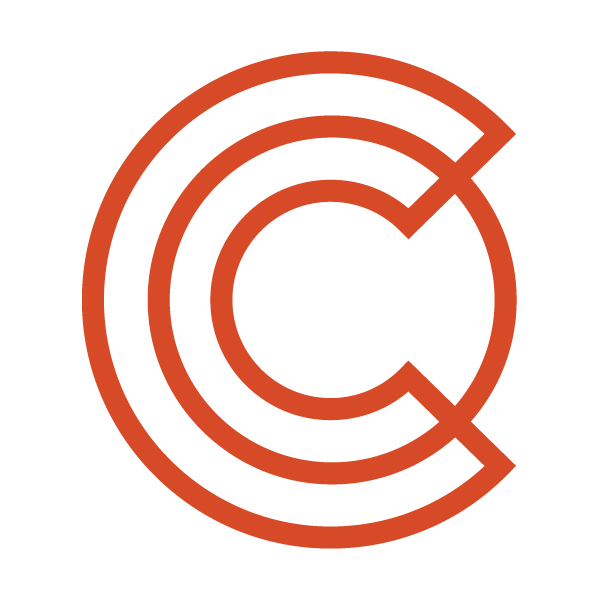Medable Inc. Introduces Blockchain for Healthcare
Medable Inc., the leading app and analytics platform for healthcare, at SXSW HealthSpark announced INSIGHT, a blockchain powered platform that enables medical data exchange among patients, medical researchers, and biopharmaceutical companies.
Since its launch in late 2016, Medable has seen rapid adoption of its platform with a customer base that cares for over 15 million patients and conducts over 6,000 clinical trials. Using mobile devices and 3rd party tools like Apple’s Researchkit, Medable has enabled researchers to study disease at greater scale with larger population samples and more representative patient health data. By aggregating all this data, Medable built the first human “Digitome”, a digital representation of human health and disease, which provides foundational real-world data for digital biomarkers, therapeutics, and population-level research insights.
While digital tools can enable scientific discovery, it costs $2 billion dollars and 12 years time to bring a new drug to market and only 1 in 5,000 drugs ever developed effectively make it to the market. Medable has identified several critical barriers: 1) low research participation, 2) inadequate public funding for research, and 3) lack of meaningful data sharing among various research groups. To solve this, Medable is launching the INSIGHT network, a blockchain powered data exchange that aligns incentives among all stakeholders and enables auditable, transparent, and self-directed data sharing of digitome data. As researchers use the Medable platform, they are able to contribute data to the digitome in exchange for funding and other research resources. Access to the dataset can then be requested by third parties via Smart Contracts, which utilize self-sovereign digital participant identities to give individual participants the power to consent and be rewarded for sharing the requested research data and/or consideration of a related clinical trial. INSIGHT enables at-will data contribution so that each participant can donate data to specific research efforts.
